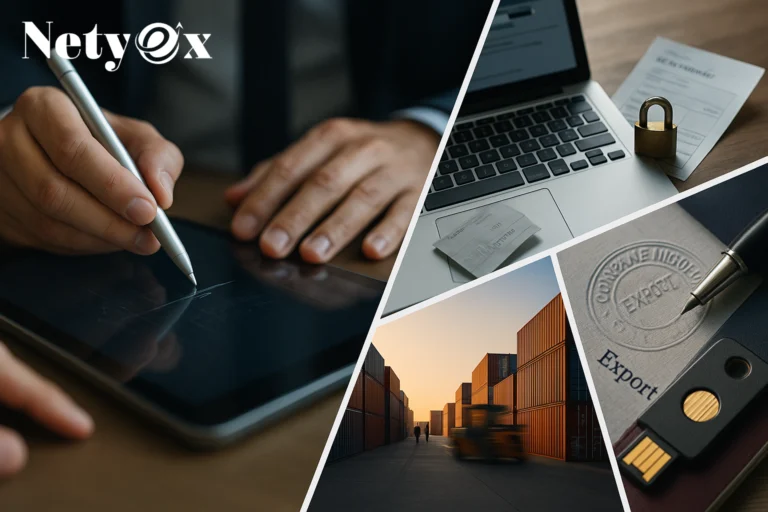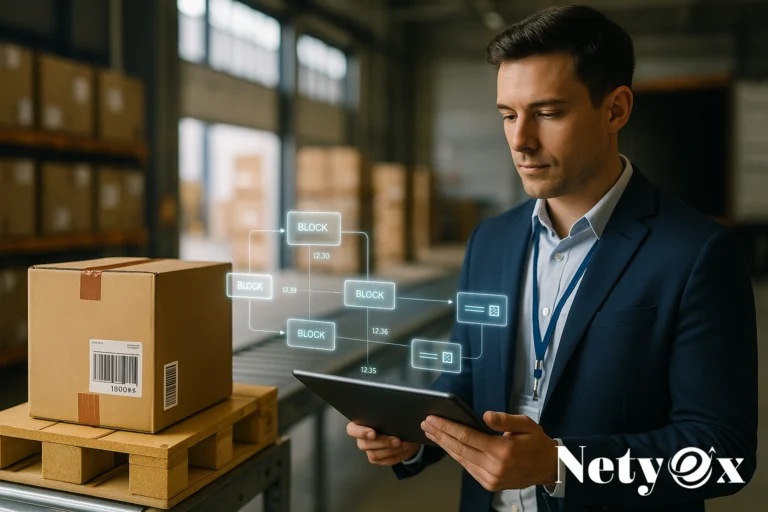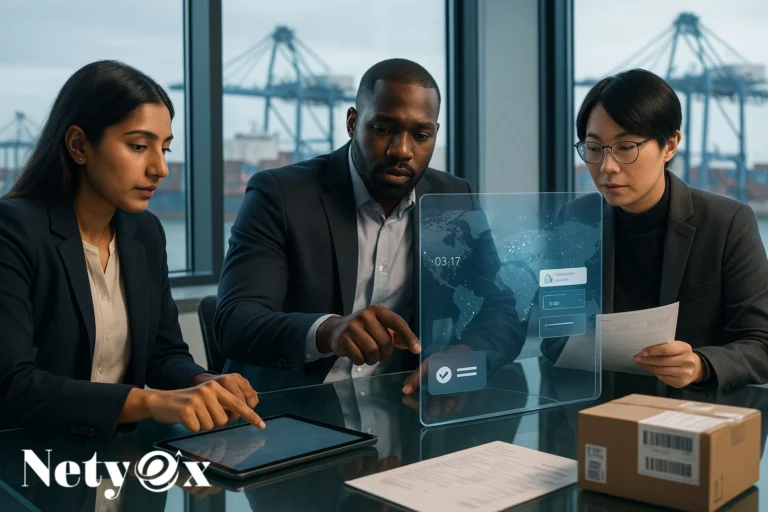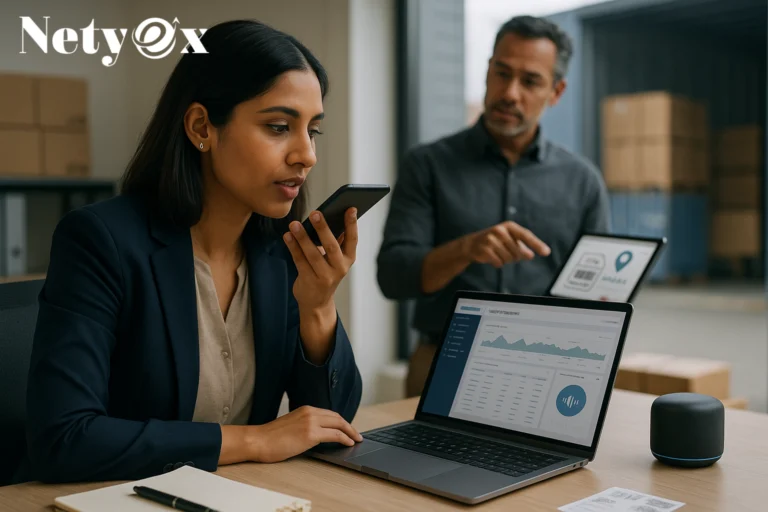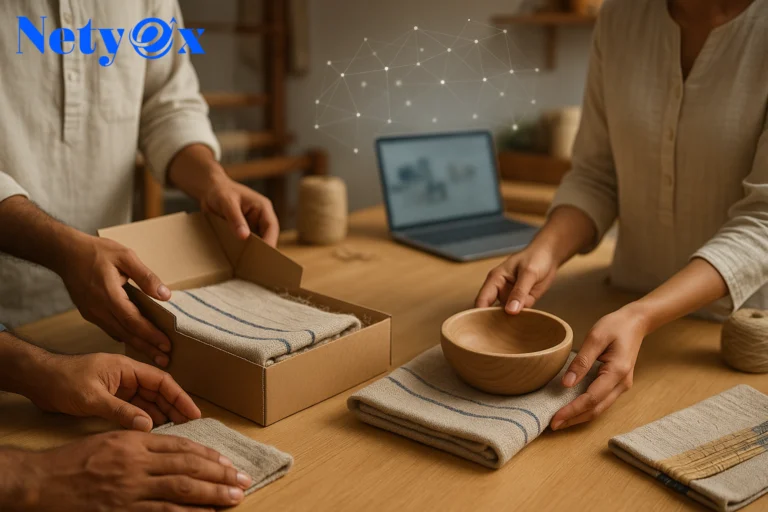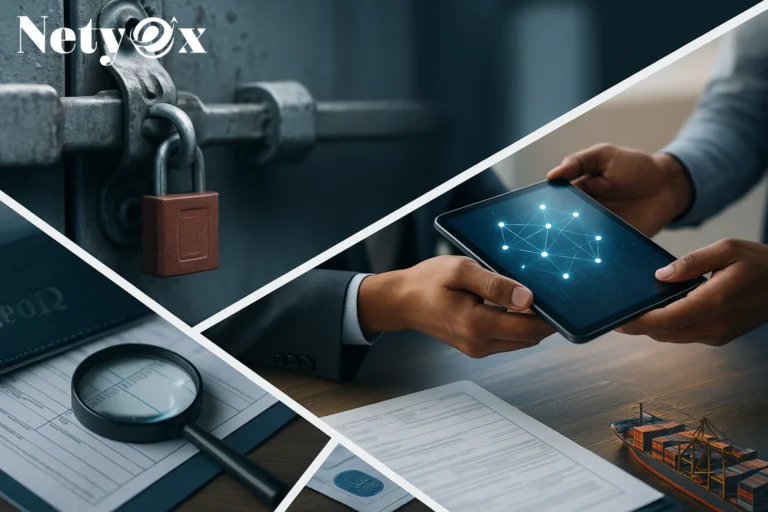Introduction: Understanding Buyer Confidence in Global Commerce
In the fast-paced world of international trade, success depends not only on the quality of your products but also on your ability to inspire buyer confidence. When buyers in different countries trust that you’ll deliver exactly what you promise, your brand gains credibility and long-term loyalty. Yet, achieving this level of trust isn’t easy — especially in cross-border transactions where distance, regulations, and cultural nuances add complexity.
Building buyer confidence involves a mix of transparency, reliability, communication, and compliance. Whether you’re a manufacturer, exporter, or trading company, understanding how to nurture trust at every step of the trade process can help you gain a competitive advantage in global markets.
What Does Buyer Confidence Mean in International Trade?
The Role of Trust and Transparency in Cross-Border Transactions
Buyer confidence refers to a foreign customer’s belief that a seller will fulfill their commitments — from delivering high-quality goods on time to respecting agreed-upon terms. Transparency in pricing, delivery timelines, and documentation plays a central role in fostering this confidence. When buyers can verify your legitimacy through certifications, references, and open communication, they’re far more likely to commit to long-term partnerships.
Why Buyer Confidence Determines Export Success
In global trade, trust equals revenue. A confident buyer is more willing to place larger orders, negotiate multi-year contracts, and even recommend your business to others. Conversely, lack of confidence can stall deals, even when your prices are competitive. In essence, buyer confidence bridges the gap between interest and action.
Common Barriers to Buyer Confidence in International Markets
Cultural and Communication Barriers
Misunderstandings often arise due to language differences, time zones, and varying business customs. Poor communication can lead to missed expectations or delayed responses, which erode trust quickly.
Concerns Over Product Quality and Authenticity
Foreign buyers frequently fear counterfeit or substandard products. Without standardized quality assurance or third-party inspection, they hesitate to place initial orders.
Payment Security and Contract Enforcement Issues
Financial risk is a major concern in cross-border trade. Buyers fear fraud, delayed shipments, or non-delivery after payment. Weak contract enforcement mechanisms in some countries add another layer of uncertainty.
15 Effective Ways to Build Buyer Confidence in International Trade
1. Offer Transparent Pricing and Terms
Be upfront about your prices, shipping costs, taxes, and return policies. Transparency eliminates surprises and builds credibility.
2. Showcase Verified Business Credentials and Certifications
Display ISO, CE, or trade association certifications on your website. Verified credentials reassure buyers that you meet global standards.
3. Implement Reliable Payment and Escrow Systems
Use secure payment gateways or trade assurance programs such as Alibaba Trade Assurance or Escrow.com to protect both parties.
4. Provide Comprehensive Product Information and Documentation
Include detailed specs, compliance certificates, user manuals, and videos. This helps buyers make informed decisions.
5. Maintain Strong Supply Chain Visibility
Real-time shipment tracking increases confidence in your delivery reliability. Partner with logistics firms offering traceable solutions.
6. Communicate Clearly and Professionally Across Cultures
Adapt to your buyer’s communication style. Be responsive, polite, and transparent in every message or video call.
7. Use Trade Assurance and Buyer Protection Programs
These systems guarantee refunds or compensation if sellers fail to meet contract terms — enhancing buyer security.
8. Leverage Customer Testimonials and Case Studies
Real-world success stories show that you’ve successfully delivered to similar markets before.
9. Build Long-Term Relationships Through After-Sales Support
Offer maintenance, replacements, and customer care. A helpful follow-up builds lasting trust.
10. Partner with Reputable Logistics and Compliance Providers
Working with globally known logistics firms like DHL, FedEx, or Maersk signals reliability and professionalism.
11. Offer Trial Orders or Sample Programs
Allow buyers to test your products in small quantities before large-scale purchases.
12. Stay Compliant with International Trade Regulations
Follow export documentation, labeling, and certification requirements. Compliance proves responsibility.
13. Educate Buyers About Your Market and Industry Standards
Publish white papers, blogs, or webinars to position yourself as a thought leader.
14. Utilize Technology for Transparency (Blockchain, IoT, Tracking)
Blockchain ensures traceability of goods and payments, reducing fraud and disputes.
15. Participate in Trade Fairs, Webinars, and Global Networks
Physical and digital visibility at trade shows builds face-to-face trust and reputation.
Case Study: How Building Buyer Confidence Increased Global Sales
A mid-sized textile exporter from India implemented blockchain-based shipment tracking and ISO certification transparency. Within six months, their repeat buyer rate increased by 35%, and they secured a major contract with a European wholesaler. The key? Clear communication, credible documentation, and digital transparency.
The Role of Digital Transformation in Strengthening Trust
How AI and Blockchain Enhance Trade Transparency
AI tools analyze trade histories and detect anomalies in supply chains. Blockchain creates immutable records of transactions, offering verifiable proof of authenticity.
The Future of Digital Trade Confidence
By 2030, experts predict that 80% of international transactions will be backed by digital trust frameworks, eliminating traditional trust barriers.
Measuring Buyer Confidence: Key Performance Indicators (KPIs)
| Metric | Description | Why It Matters |
| Buyer Retention Rate | % of buyers who make repeat purchases | Indicates loyalty and satisfaction |
| Inquiry-to-Conversion Ratio | Number of inquiries vs. confirmed orders | Measures trust in your offer |
| On-Time Delivery Rate | Timely shipment completion | Reflects reliability |
| Customer Feedback Scores | Ratings and reviews | Tracks reputation over time |
FAQs: Building Buyer Confidence in International Trade
Q1. What’s the fastest way to build buyer confidence for a new exporter?
Start by offering small trial orders, maintaining clear communication, and using secure payment platforms.
Q2. How do I prove my company’s legitimacy to foreign buyers?
Display trade licenses, certifications, and verified business profiles on reputable trade portals.
Q3. How can I manage cultural differences in trade communication?
Research your buyer’s culture, use polite language, and avoid slang or idioms that may not translate well.
Q4. Is blockchain really useful for small exporters?
Yes. Even small firms can use blockchain tools for document verification and shipment tracking to enhance transparency.
Q5. What tools can help improve buyer confidence online?
CRM software, e-signature tools, trade assurance services, and shipment tracking apps are great starting points.
Q6. How long does it take to build lasting buyer trust?
Trust builds over time through consistent performance, clear communication, and reliable service.
Conclusion: Turning Buyer Trust into Lasting Partnerships
Building buyer confidence in international trade is more than a sales tactic — it’s a long-term strategy rooted in honesty, compliance, and communication. By being transparent, offering secure transactions, and embracing technology, exporters can overcome skepticism and build global partnerships that stand the test of time.





